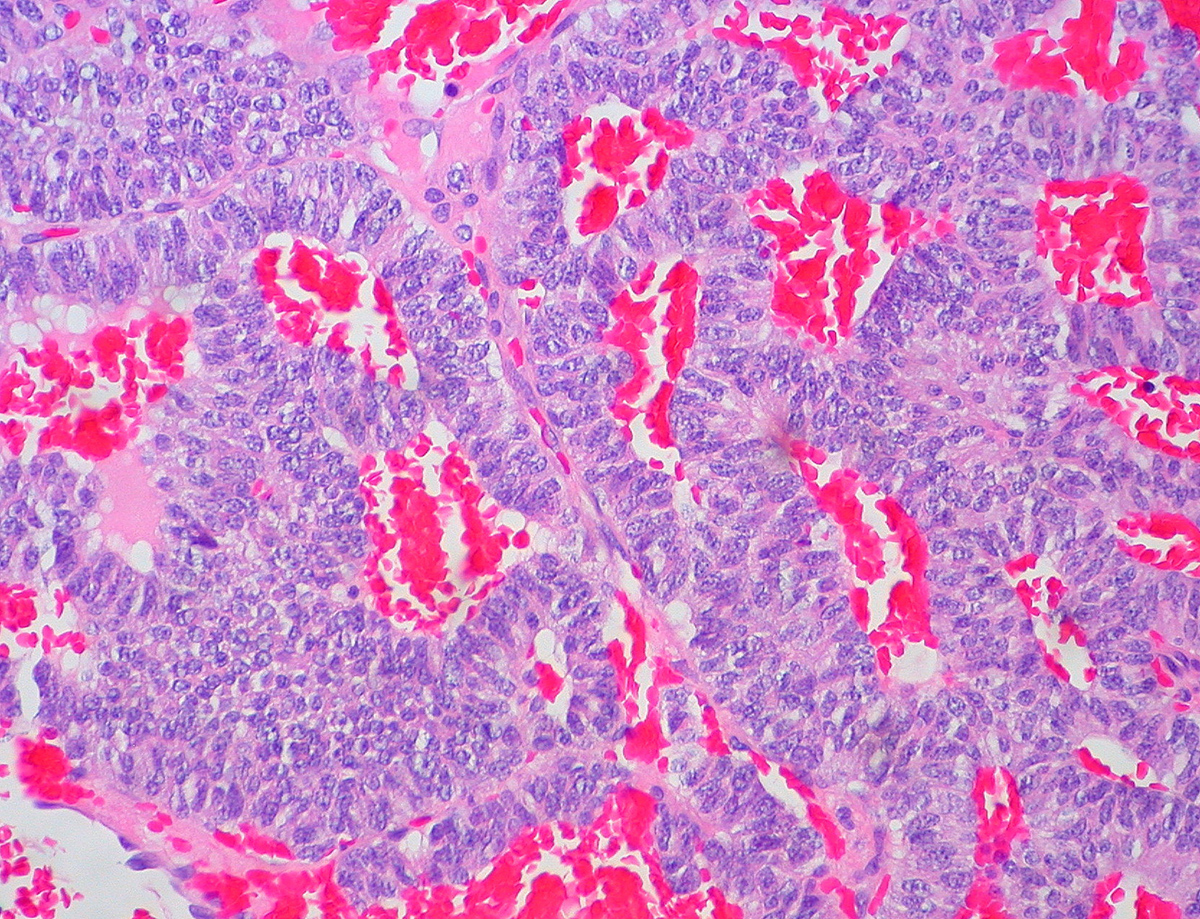
There is a saying in the practice of medicine that states "When you hear hoofbeats, think horses, not zebras", which can be considered a simplification of the famous Occam’s Razor- “the simplest explanation is usually the right one”. In case of stomach ache, there is no need to suspect something dangerous and difficult to treat, because in most cases it turns out to be just mild indigestion.
But sometimes hoofbeats are in fact zebras, and this is, unfortunately, the case with a rare and dangerous disease called carcinoid cancer.
What is carcinoid cancer?
Carcinoid cancer is a rare and slow-growing cancer that originates from hormone-producing cells in the intestines or other parts of the digestive tract. Carcinoid tumors are usually located in the digestive tract but sometimes they can be found in other internal organs, like pancreas or lungs.
Many different symptoms can indicate carcinoid cancer, but most of them are related to the digestive tract. Those symptoms may include abdominal pain, chronic diarrhea, flushing of the face, wheezing or shortness of breath, blood pressure varying from very low to very high, cyanosis, swelling of the face and the limbs, malnutrition, reduced libido, skin lesions, heart damage and fever.
Carcinoid cancer is often misdiagnosed as Crohn’s disease, irritable bowel syndrome, asthma or rosacea.
Diagnosing carcinoid cancer
The easiest way to diagnose carcinoid cancer is to accidentally find it during a surgery, a bowel obstruction or similar.
Otherwise, the first step is to do blood tests, checking for the levels of serotonin, tryptophan and chromogranin A. However, these tests often show normal results, so it is necessary to proceed with additional tests, usually an Octreoscan, performed by injecting a nuclear tag and scanning the patient at 24, 36, 48 and 72 hours.
Although most experts agree it is not a very efficient way to diagnose this illness, a CT scan can also be performed.
If a critical mass is found in scans, a tissue biopsy is performed and it is the crucial step in the diagnosis of carcinoid cancer.
Treatment for carcinoid cancer
Many experts believe there is no cure for this type of cancer, but that it can be controlled. The best course of treatment is complete surgical removal of tumors. However, if any cells remain, they can grow over time and require further treatment. Only one-third of carcinoid cancers in mid-gut region is treatable with chemotherapy, and another form of treatment is embolization.
Some patients opt for a medication called Sandostatin, which relieves the symptoms and impedes the progression of the disease.
As for the prognosis, early detection is critical. If diagnosed in early stages, this cancer is treatable and the survival rate is very high. However, if it is found late, it may be fatal. One positive thing is that the tumors grow very slowly, which should leave enough time to treat them.







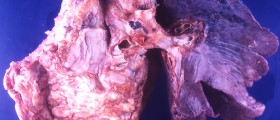
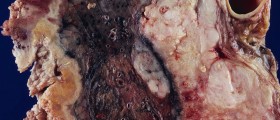
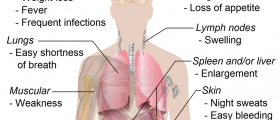


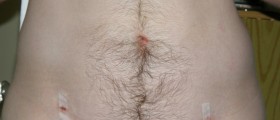
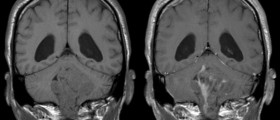



Your thoughts on this
Loading...